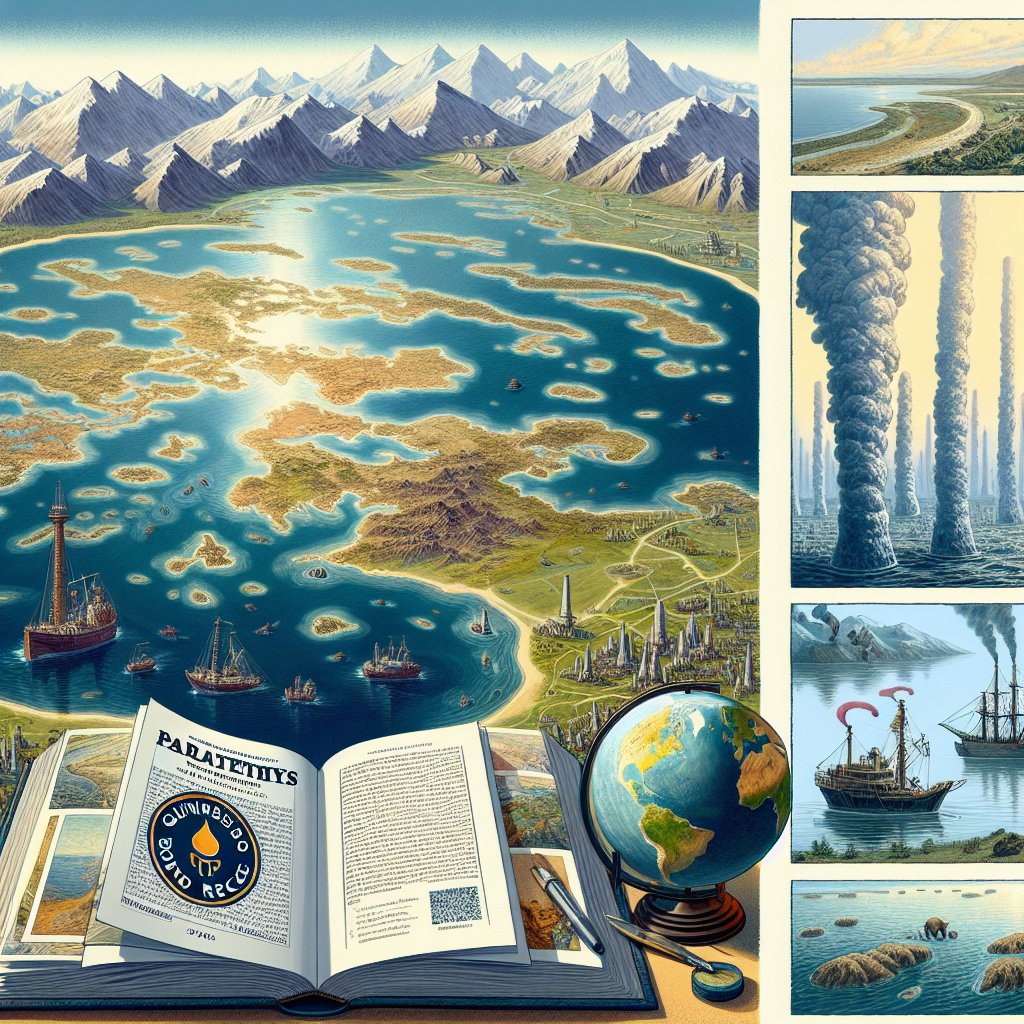Content created by AI
Paratethys: The Mega Lake That Surpassed Earth’s Modern Waters Combined
In a remarkable nod to the past, the title of the largest lake in Earth’s history has been officially recognized by the Guinness Book of World Records. The ancient mega lake known as Paratethys, or Lake Paratethys, has just been immortalized in the record books, confirming what the scientific community has known for some time: this was a body of water unlike any other.
Lying where parts of Europe and Asia now sit, the Paratethys Sea, at its zenith, blanketed a massive 1.08 million square miles—an area more vast than many of today’s countries—and it contained a staggering 407,000 cubic miles of water. To put that into perspective, it's ten times greater than the volume of all modern lakes on Earth.
Recently published in the 2021 edition of Scientific Reports, the detailed study of this colossal lake sheds light on the bygone geological landmark that has captivated scientists like Dan Palcu of Utrecht University. Palcu and his team have keenly pointed out that the examination of such ancient bodies of water has far-reaching consequences beyond the fulfillment of curiosity. The Paratethys’s dramatic history reflects an ecosystem that has weathered severe climate transitions, a fact that resonates quite ominously with today’s climate concerns.
Understanding the climatic cataclysms that the Paratethys faced could be invaluable in grappling with the ongoing and forthcoming effects of our current climate situation. The Black Sea, once a part of the immense Paratethys, stands today with sediments rich in methane—a potent greenhouse gas that can be released into the atmosphere through warming climates, while also behaving as a carbon sink if conditions allow. The demise of Paratethys could very well hold lessons about the future of modern bodies of water and their responses to climate change.
The inclusion of Paratethys in the Guinness Book of World Records does more than just celebrate a geological titan; it heralds the urgent relevance of ancient changes for modern times. The record serves as a stark reminder of the fluidity of Earth’s landscapes and environments, and their vulnerability to climatic shifts.
Moreover, the acknowledgment of Paratethys contrasts with some more trivial records that the Guinness Book is known to catalogue, such as those involving personal losses of wealth or eccentric cinema attendance records. In an era where the environment and climate are of such critical prominence, the recognition of Paratethys as the world's largest ever lake eclipses such trivialities, offering a sober reflection on the natural world’s historical and current transformations.
As we continue to analyze the data and interpretations of Paratethys's vast geological, hydrological, and climatic implications, this mega lake now exists as a record-holder—a testament to Earth's dynamic history and a beacon that shines a light on the path toward comprehending and mitigating the impacts of contemporary climate challenges.






